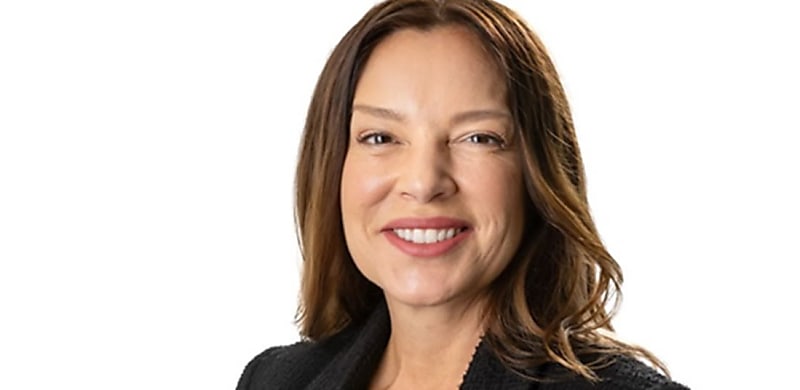
The MFAA CEO has urged organisations to measure their recruitment, retention, and incentive strategies to ensure that there is gender diversity.
Speaking to The Adviser ahead of the Women in Finance Summit 2024, the CEO of the Mortgage & Finance Association of Australia (MFAA), who has a background in chartered accounting, said generating tangible data could be an effective strategy for organisations to track their record on gender diversity.
“The numbers don’t lie,” she said.
“Organisations could examine gender diversity when recruiting staff. Do they have a lens of ensuring that there are sufficient male and female candidates? Make sure you have measurements in place.”
She pushed organisations to measure pay increases, bonuses, and other incentives to identify whether they are skewed more towards men.
While emphasising that employees should be recruited and incentivised based on merit, Pannek said that gender biases could exist in employers and leaders in an organisation.
“The problem is that we’re all human, which means we come with certain biases,” she said.
“Some of it is conscious but a lot of it is unconscious. Therefore, until you as the management team measure your hiring and other practices and put the numbers down, you will never know if that’s something you need to address.”
On top of this, organisational values and culture are crucial for business leaders and executives to build a diverse team and facilitate innovative thought, Pannek said.
“I think it’s important to promote a growth mindset environment where people know that they can express diverse thoughts without being shut down. It’s only through thinking differently that we get innovation,” she said.
At the Women in Finance Summit, Pannek and a panel of speakers will share leadership insights and how women could overcome gender biases and flourish in their careers.
She said that in her previous roles when her organisation interviewed new candidates, the management team would ensure that the interview panel had gender diversity.
“You can take simple steps to ensure that unconscious bias doesn’t become the norm and people don’t default to the easiest path and hire, promote, and reward employees who look and think just like them,” Pannek said.
“If you create an environment where that is addressed, people would naturally be inclined to promote innovation and different ways of thinking.”
Pannek called for women to take chances and explore new roles as it could lead them down a career pathway that allows them to thrive and enjoy that experience.
Having worked in financial services for 25 years at investment banks, lenders, and aggregators before becoming the CEO of an industry organisation like the MFAA, Pannek said that women can choose multiple career paths throughout their lifetime.
She advised them to consider their career goals, new skills they wish to acquire, and how they could develop their professional capability.
Long way to go in broking
Pannek said that the corporate world is not always reflective of the “rich diversity” across the broader society in Australia.
For example, the MFAA’s most recent edition of its Industry Intelligence Service Report (covering the six-month period from 1 April 2023 to 30 September 2023) showed that out of the 19,872 brokers in Australia, only 26.6 per cent (or 3,547) were women.
“While the proportion of women in our industry has increased, that is absolutely not where we feel it should be,” Pannek said.
“At the end of the day, we view diversity as key to the ongoing sustainability of the broking industry because brokers work with Australians. Australians are from diverse cultural backgrounds and demographics.
“We believe that our industry should be representative of the community that it works with. It’s fair to say that there needs to be continuing focus.”
Pannek encouraged women to consider broking as a career, saying that it enables them to connect with industry leaders, work with clients, establish businesses, and lead their own teams.
“There are so many positives to working in the broking industry,” she said.
To gain valuable tips from Anja Pannek on how you could succeed in leadership roles, come along to the Women in Finance Summit 2024.
It will be held on Friday, 15 November at The Star, Sydney.
Click here to book tickets and don’t miss out!
For further information, including agenda and speakers, click here.
This summit is produced by Captivate Events. If you need help planning your next event, email director Jim Hall at
[Related: Should we have gender quotas in financial services?]

